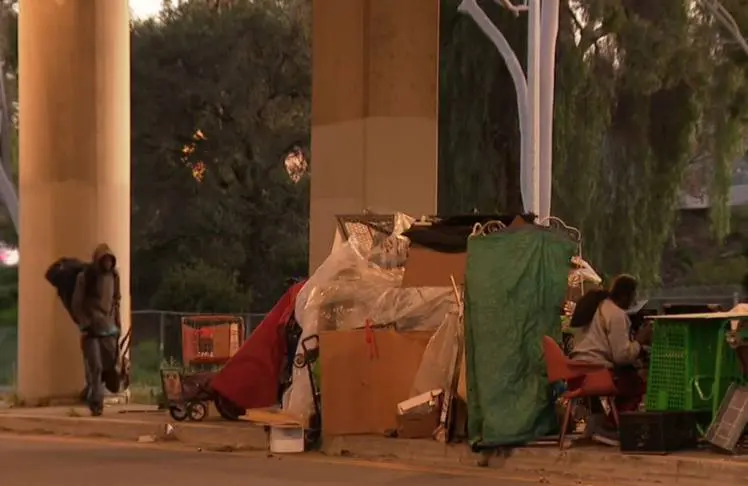
The U.S. Supreme Court has agreed to hear a case originating from Southern Oregon that could bring about sweeping policy changes in how cities across the country address homelessness and enforce regulations pertaining to public camping. The case, which centers around the enforcement of public camping ordinances and its potential violation of the Eighth Amendment’s prohibition on cruel and unusual punishment, has garnered widespread attention due to its potential implications for cities grappling with homelessness.
The case stems from a 2022 ruling by the Ninth Circuit Court of Appeals, which blocked Grants Pass, a city in Southern Oregon, from enforcing public camping ordinances through fines. The court argued that such enforcement violated the cruel and unusual punishment provision of the U.S. Constitution’s Eighth Amendment. This ruling built upon a 2019 decision from Boise, Idaho, where the same court determined that individuals cannot be criminally punished for sleeping in public if there is no alternative shelter available.
These rulings have significant implications for many cities in the western United States, where the number of people experiencing homelessness has surged in recent decades. The Ninth Circuit’s decisions apply to a large portion of the region, and the Supreme Court’s review of this case has the potential to shape homelessness policies nationwide.
The issue of homelessness has become a pressing concern in many communities across the country, with cities struggling to balance the need for public safety and sanitation with the rights and well-being of individuals experiencing homelessness. This case will force the Supreme Court to examine whether the enforcement of public camping ordinances, particularly when no alternative shelter is available, constitutes cruel and unusual punishment under the Eighth Amendment.
The outcome of this case could have far-reaching consequences, potentially reshaping how cities approach homelessness and public camping. If the Supreme Court upholds the Ninth Circuit’s rulings, it would limit cities’ ability to criminally punish individuals for sleeping in public spaces when there is insufficient shelter capacity. This could lead to a shift in focus towards providing more comprehensive and compassionate solutions for individuals experiencing homelessness.
On the other hand, if the Supreme Court overturns the lower court’s rulings, it would grant cities more leeway in enforcing public camping ordinances, potentially leading to increased criminalization of homelessness. This outcome could exacerbate the challenges faced by individuals experiencing homelessness and hinder efforts to address the root causes of the issue.
As the Supreme Court prepares to hear arguments in this landmark case, advocates for the homeless, legal experts, and city officials closely watch the proceedings. The decision reached by the highest court in the land will undoubtedly shape the future of homelessness policies and have a profound impact on the lives of individuals experiencing homelessness nationwide.















